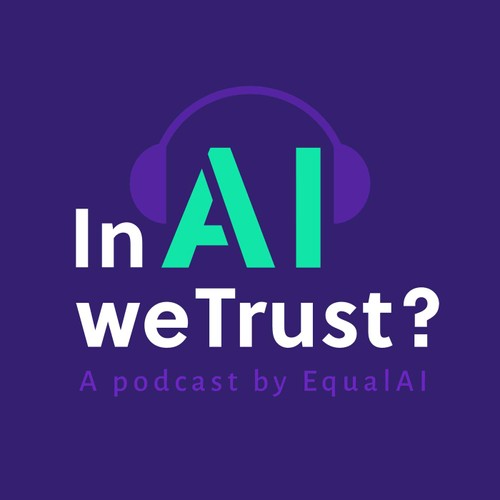
 In AI We Trust?
In AI We Trust? Michael Chertoff (Chertoff Group) and Miriam Vogel (EqualAI): Is your AI use violating the law?
Oct 17, 2024
Michael Chertoff, former United States Secretary of Homeland Security, and Miriam Vogel, President of EqualAI, delve into the legal intricacies of AI deployment. They discuss the urgent need for responsible regulatory frameworks and the implications of recent legal cases on AI governance. Victoria Espinel, President of BSA, moderates their insights on data privacy, ethical use, and the importance of individual responsibility in AI safety. The conversation balances optimism about AI innovations in healthcare with the caution needed for effective legislative action.
AI Snips
Chapters
Transcript
Episode notes
AI's Broad Impact
- AI is affecting many areas of life, including business, social activities, and health.
- Law is essential for organizing society and addressing the legal ramifications of AI's expanding influence.
Existing Laws and AI
- Focus on AI regulation overlooks existing laws.
- Highlighting liabilities encourages responsible AI development and protects users.
Judges' Role in AI Oversight
- Judges will interpret AI's impact on existing laws and common law.
- Educate courts about AI terminology, effects, design, development, and deployment.

